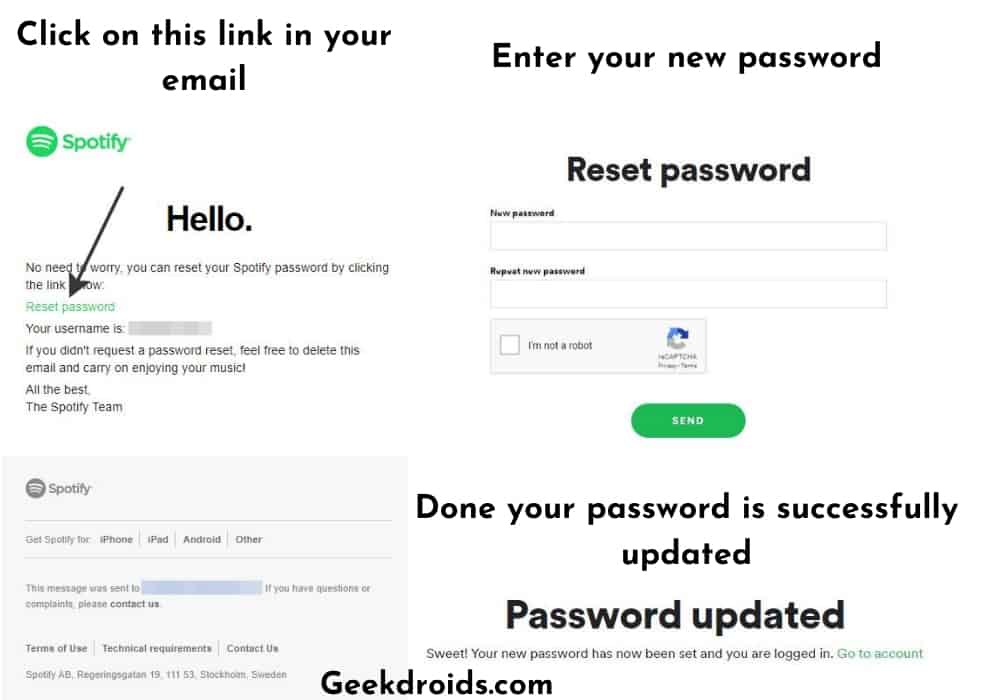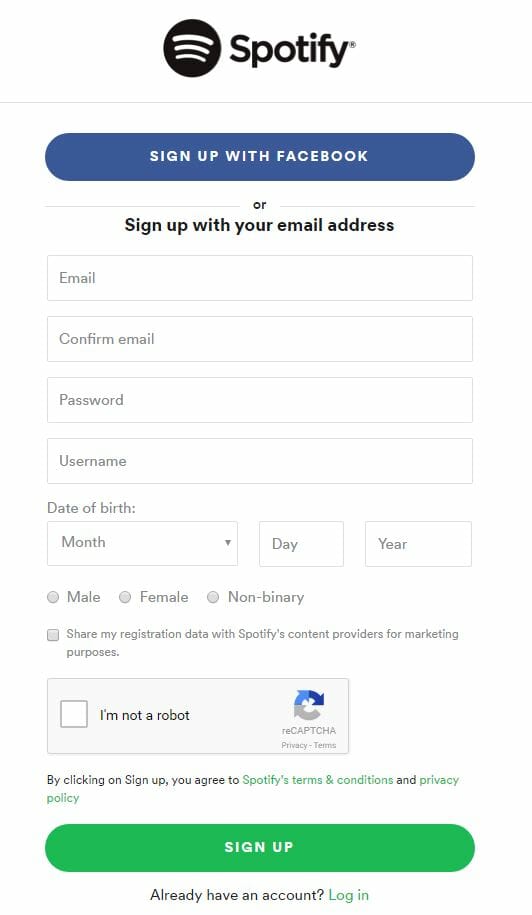
 Emotion - Does the message make you panic, fearful, hopeful or curious? Criminals often use threatening language, make false claims of support, or tease you into wanting to find out more.
Emotion - Does the message make you panic, fearful, hopeful or curious? Criminals often use threatening language, make false claims of support, or tease you into wanting to find out more.  Urgency - Are you told you have a limited time to respond (such as 'within 24 hours' or 'immediately')? Criminals often threaten you with fines or other negative consequences. Criminals often pretend to be important people or organisations to trick you into doing what they want.
Urgency - Are you told you have a limited time to respond (such as 'within 24 hours' or 'immediately')? Criminals often threaten you with fines or other negative consequences. Criminals often pretend to be important people or organisations to trick you into doing what they want.  Authority - Is the message claiming to be from someone official? For example, your bank, doctor, a solicitor, or a government department. "However, there are some tricks that criminals will use to try and get you to respond without thinking. Many scams will even fool the experts," they say. "Spotting scam messages and phone calls is becoming increasingly difficult. The National Cyber Security Centre has guidelines for those who believe they have spotted a suspicious message. You should also forward the email to then delete the original and wait for the Spotify team to investigate and respond. You should also contact your bank if you have concerns that your financial information has been compromised. On the occasion that you already clicked, Spotify advises that you reset your password with them as well as changing your password on other sites if it's the same.
Authority - Is the message claiming to be from someone official? For example, your bank, doctor, a solicitor, or a government department. "However, there are some tricks that criminals will use to try and get you to respond without thinking. Many scams will even fool the experts," they say. "Spotting scam messages and phone calls is becoming increasingly difficult. The National Cyber Security Centre has guidelines for those who believe they have spotted a suspicious message. You should also forward the email to then delete the original and wait for the Spotify team to investigate and respond. You should also contact your bank if you have concerns that your financial information has been compromised. On the occasion that you already clicked, Spotify advises that you reset your password with them as well as changing your password on other sites if it's the same. 
It will also never request payments via a third party (for example, Western Union), never promise cash prizes through email and never ask you to download anything from an email, adding: "If you aren’t sure of an email that claims to be from Spotify - or if the sender email does not end in - don’t click any links or provide information." The music streaming giant says it will never send emails asking for payment information, passwords, social security or tax identification numbers. It's also got a link to an official Spotify page which spells out what emails you can expect to be sent by Spotify - and those you will not.








 0 kommentar(er)
0 kommentar(er)
